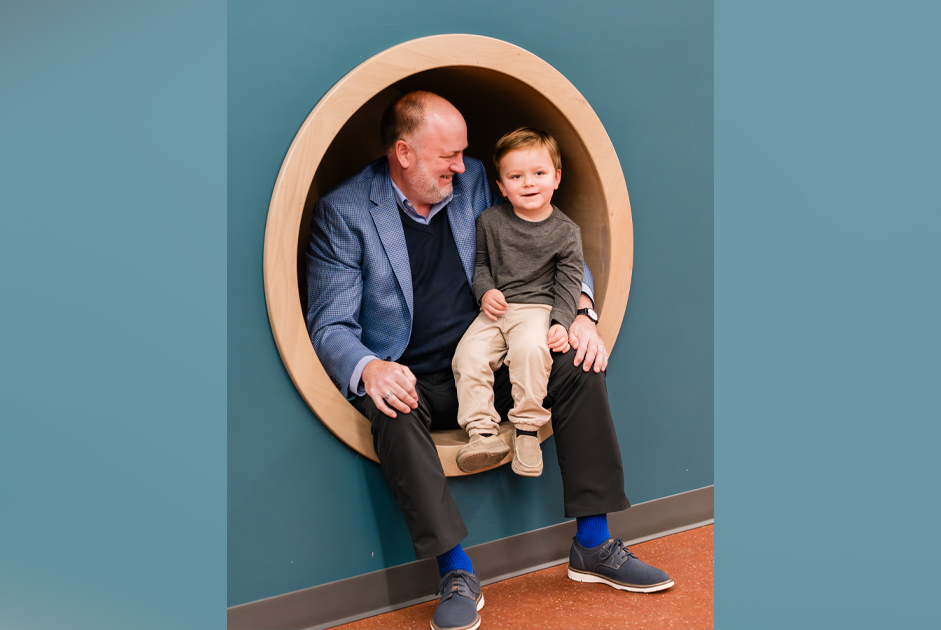Many people go through life not really understanding themselves, what motivates them, and why they do what they do. But if we aren’t self-aware, we don’t have a baseline to grow from and enhance our performance. Did you know that only 10-15% of the population are self-aware, according to Harvard Business Review? I think most people assume that they know themselves, but don’t put in the work to truly cultivate self-knowledge.
For a long time, there were things from my past that I let guide my thoughts, emotions, and behavior, and I didn’t realize that this was even happening. I guess I just kind of operated on autopilot. Shame and rejection from previous experiences in my life were affecting me. I was also operating from a narrative that I wasn’t good enough. It took some time, self-reflection, and counseling for me to better understand myself and what was driving me. Self-discovery can be difficult and painful because it involves dredging up unpleasant things from our past. However, we need to do this to move to higher ground.
Here are a few ideas that can help you get to know yourself better:
Take an assessment
Some common personality assessments are the Enneagram, Myers Briggs Type Indicator, DISC and StrengthsFinder. The Enneagram is my personal favorite. It identifies nine types of people and gives you a sense of how you are wired, what motivates you, and how you can further develop and reach your potential.
Explore what guides and motivates you
Ask yourself questions like:
- Who am I, really?
- Why am I here?
- What inspires me?
- What makes me unique?
- What do I do well?
- What don’t I do well?
- Where am I going in my life?
Ask others for feedback
Ask other people who are close to you questions like:
- What behaviors are limiting my potential?
- What do you think are my strengths and weaknesses?
- How would you describe me to others?
- Is there anything you avoid saying to me because you’re afraid of my reaction?
Identify what triggers your negative and positive emotions
This might involve taking some time to reflect after you experience an issue. With information about your negative triggers, you can become more selective of the people, places, and situations you choose to engage with. And you can learn more about what fosters engagement and joy in your life by identifying what prompts positive emotions.
Get clear on your core values
Core values are the principles that guide your life. They are the “why?” behind all that you say and do. Identifying your core values is key to elevating your level of self-awareness.
Keeping a journal is a great method of exploring these strategies and keeping track of your thoughts, feelings, and triggers. You can jot down things like: What did I do well today? What challenges did I face? How was I feeling? How did I respond?
In conclusion, having a good understanding of yourself will enhance your effectiveness in life and at work. Consider using some of the above strategies to get to better know yourself and more effectively manage your interactions and reactions.


















